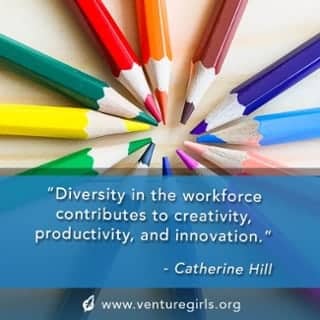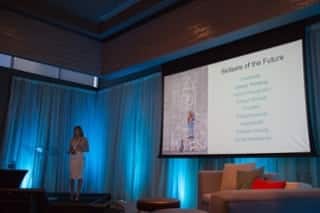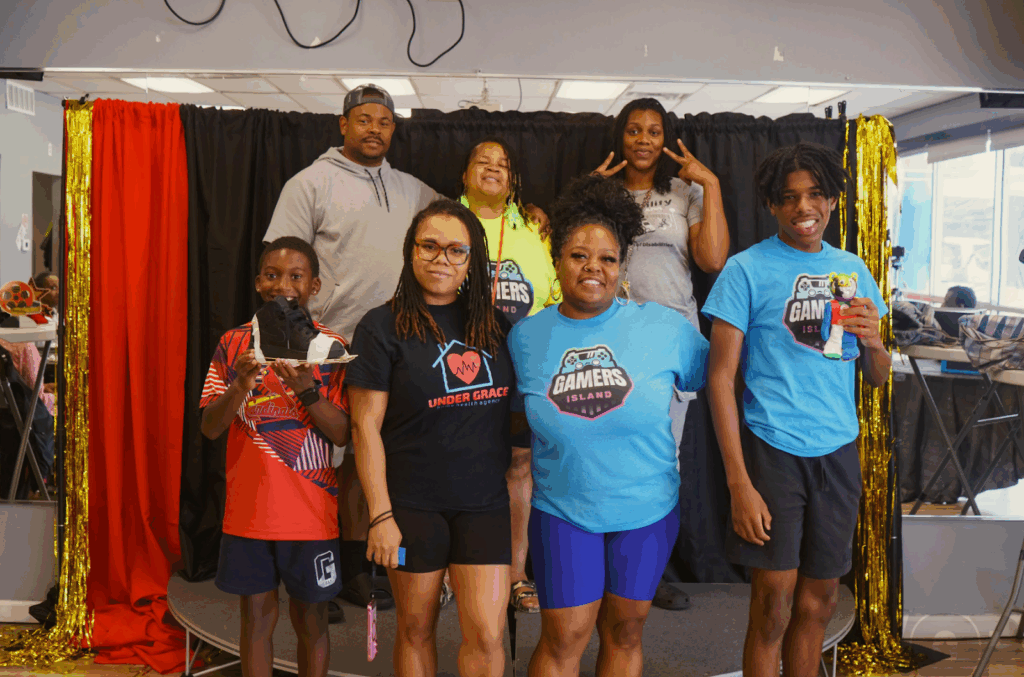
Developing Skills For The Future
Dr. Cristal Glangchai |
August 22, 2017

Our world needs skilled, innovative workers. Not just any skills—but increasingly specialized as well as wide-ranging ones. According to a World Economic Forum Report, “New Vision for Education: Fostering Social and Emotional Learning Through Technology,” students need to have core skills in science, mathematics and finance, among other essentials. They need to develop critical thinking, embrace creativity, and be effective communicators and collaborators.

According to another report from the World Economic Forum, “Future of Jobs,” the top skills that people will need in 2020 are: complex problem-solving, critical thinking, creativity, people management, coordinating with others, emotional intelligence, judgment and decision-making, service-oriented, negotiation and cognitive flexibility. By nature, entrepreneurship incorporates these skillsets. That’s why we need to make sure that we are educating our girls, and students of all life circumstances, accordingly.
When I spoke at the inaugural WP Engine Agency Summit in Austin about developing tomorrow’s talent, I discussed the skill sets we teach at VentureLab, the skillsets for tomorrow. I then prompted attendees to put on their entrepreneurial thinking caps and participate in a start-up challenge, where each table of attendees would create a product pitch for 3-D printing, or for a digital or virtual reality product. The exercise brings to life the kind of “what if” questions that we promot our young students to answer. They could see the kinds of challenges we ask of children, and how these exercises help them to think creatively, critically and with confidence.

And VentureLab ensures that girls acquire the skills, confidence, and minset they need to succeed in tomorrow’s economy. We encourage them to think creatively and to embrace failure as a stepping-stone to success. We fan their entrepreneurial spark so that it burns brightly because we have seen how entrepreneurship changes lives. Most importantly, we hold that diversifying the entrepreneurship tapestry is important.
“The representation of women in engineering and computing matters,” writes Catherine Hill of AAUW in her co-authored report, Solving the Equation. “Diversity in the workforce contributes to creativity, productivity, and innovation. Everyone’s experiences should inform and guide the direction of engineering and technical innovation. In fewer than 10 years, the United States will need 1.7 million more engineers and computing professionals. We simply can’t afford to ignore the perspectives or the talent of half the population.”
At VentureLab we make sure that we incorporate the fun of entrepreneurialism into learning. The goal is to give girls the confidence to believe that they can do anything, and this pays off as they grow into adulthood. For example, when such girls are in junior high and exposed to peer pressure, they can look back and say, “Hey, I did 3-D modeling or I made a website or sold a product when I was 5 or 7, so there is nothing I can’t do!” It’s really about giving them this confidence early on, and instilling in them a growth mindset.
I’d love to hear from you about what you think of the skills needed for tomorrow’s workforce. Are you helping equip the girls in your life to meet these challenge? How? Thank you for sharing.



